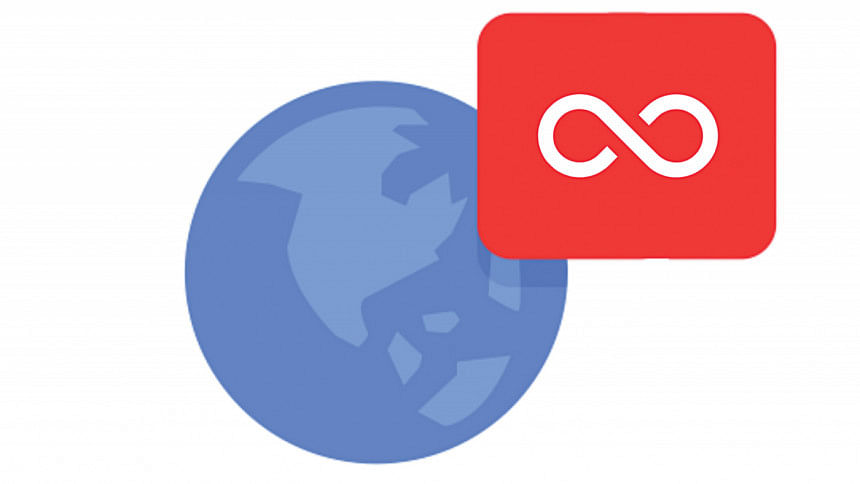Our anxiety regarding social media notifications

"It's been 15 minutes since I changed my profile picture," my friend complained with a sad face. "Still zero reactions!"
"So what? Zero reactions do not imply people dislike you," I replied with a straight face.
"I know but it's making me feel uncomfortable. Why don't you log in and give my picture a like?" he insisted. And I did as I was told.
This "uncomfortable" feeling, and this measure of sense of worth based on the number of reactions, shares and notifications is common among social media users. Studies suggest that anxiety is induced due to a higher level of screen time in social media platforms because everyone else's life looks perfect in the virtual world, except ours.
Several researches linked anxiety to the use of social media and researchers have identified several forms of anxiety induced among the users. When scrolling through aesthetically perfect photos, posts of achievements and successful careers in social media, we inadvertently begin comparing ourselves to others and start harbouring feelings of self-doubt which is bound to take its toll on our mental health (Boers et al., 2019; Barr, 2019). The pressure we feel because others are doing better than us and the news of their successes in our social media feeds may make us feel unhappy and left out (Bono, 2018). Other studies found that anxious and insecure people tend to use social media more to alleviate stress and escape from worries as they find it easier to express their opinion via social media than face-to-face and in doing so, they feel more insecure and unhappy as they become susceptible to social comparisons (Bonnette et al., 2019).
So, what change of behaviour and shift in perspective is necessary for healthy use of social media that do not knock off our self-esteem?
The first step is conscious use of social media—controlling the amount of time spent through scrolling the news feed or texting others. This will save time and boost self-confidence as well as help in maintaining sound communication with others in social media.
Instead of quitting social media for good and missing out important information regarding education, career and life, devoting the time saved through conscious use for self-improvement is the better choice.
Following self-imposed rules such as no social media during study and before bed and adjusting day-to-day routine accordingly to combat distraction will greatly improve mental health.
Rather than directing our attention towards stories of strangers and getting worked up, if we focus on ourselves and on people we care about the most, we will be much more satisfied with our lives.
When we measure our sense of worth based on our performance with respect to others, we place our happiness in a parameter that is well beyond our control. So, having a practical outlook on life instead of making comparisons in social media will relieve us of unnecessary stress and anxiety.
References
1. Boers, E., Afzali, M. H., & Conrod, P. (2019). Temporal Associations of Screen Time and Anxiety Symptoms Among Adolescents.
2. Barr, S. (2019, October 10). Six Ways Social Media Affects Your Mental Health.
3. Bono, T. (2018). When Likes Aren't Enough: A Crash Course in the Science of Happiness.
4. Bonnette A, Robinson A, Dailey S, et al. (2019). Upward social comparisons and posting under the influence: Investigating social media behaviors of US adults with generalized anxiety disorder.
H. Rainak Khan Real has found the potion that can slow down the time. Send him clues about how to use it at [email protected]

 For all latest news, follow The Daily Star's Google News channel.
For all latest news, follow The Daily Star's Google News channel. 



Comments